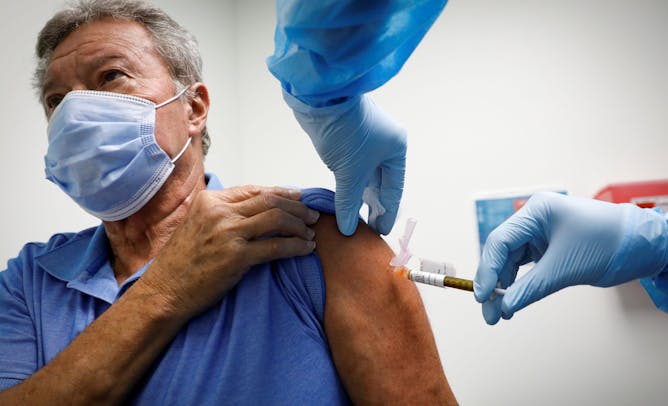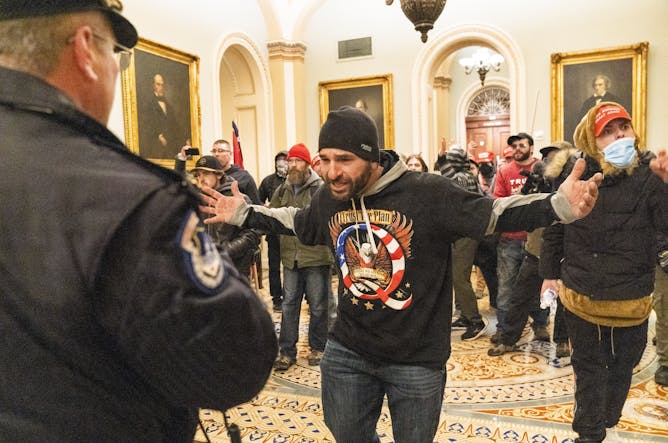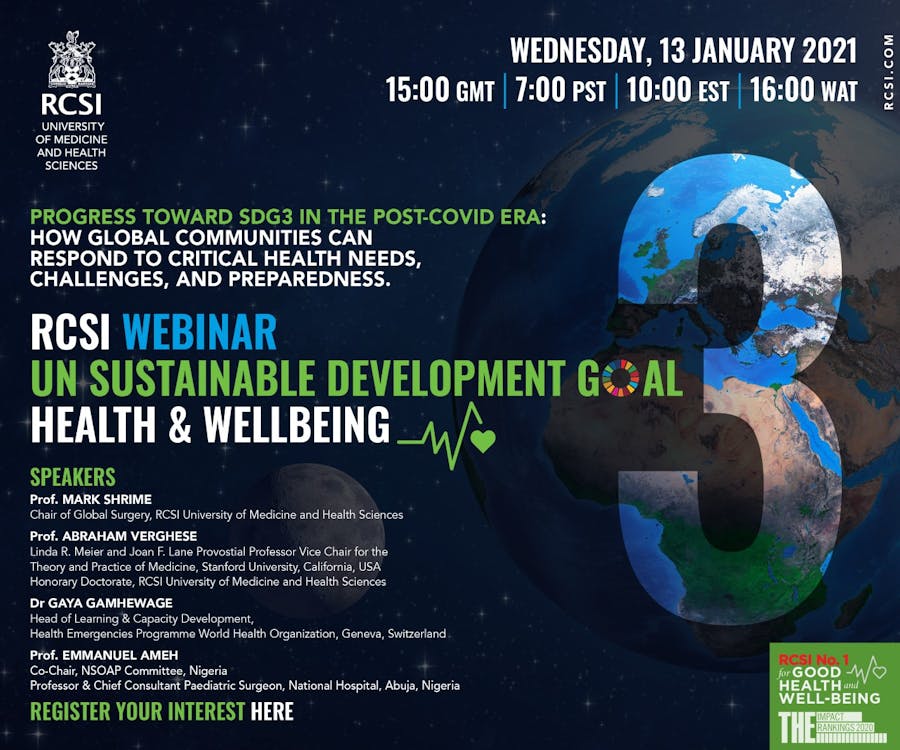|
|
|
|
The severity of the pandemic in the UK is now surpassing where it was last spring. Hospital admissions are higher, and daily COVID-19 deaths will soon eclipse the peak of April 2020.
As a result, the UK government is delaying giving the second, top-up dose of the COVID-19 vaccines. This is sound logic, explains professor of medicine Paul Hunter: it means many more people can be given a protective first dose now.
Because these are new vaccines, there isn’t concrete evidence on how delaying the second dose will affect performance. However, data from testing, together with knowledge about other vaccines, suggests the delay shouldn’t make the vaccine less effective or leave people vulnerable after taking their first dose.
Tuesday’s storming of the US Capitol was fueled in part by the QAnon movement and online conspiracies, writes Marc-André Argentino, and this gave the world a stark warning of how digital propaganda and misinformation can have dangerous impacts offline. Experts from across The Conversation have also examined the protesters’ motives, whether the event qualifies as a coup, and the significance of social media platforms locking President Trump’s accounts.
And in this brilliantly written piece, Rafael Euba answers one of life’s big questions: how do you move on from a lost love?
|
Rob Reddick
Commissioning Editor, COVID-19
|

|
|

vasilis asvestas/Shutterstock
Paul Hunter, University of East Anglia
A medical professor explains the reasoning behind the delay in the UK and what impact this might have on the vaccine's effectiveness.
|

A supporter of President Donald Trump, seen wearing a QAnon shirt, is confronted by Capitol Police officers outside the Senate Chamber during the invasion of the U.S. Capitol.
(AP Photo/Manuel Balce Ceneta)
Marc-André Argentino, Concordia University
Conspiracy theories spread online are the backbone of Donald Trump's falsehoods about his loss in the U.S. election. The real world consequences of those conspiracies have now exploded.
|

Lost love.
Ekkasit Rakrotchit/Shutterstock
Rafael Euba, King's College London
Nostalgia is a powerful emotion, but we shouldn't let it take over our lives.
|
Health + Medicine
|
-
Julie Broderick, Trinity College Dublin
Moving during the work day is not only good for our health, but can also improve our concentration.
-
Simon Cooper, Nottingham Trent University
Research shows short bouts of physical activity can boost your concentration for up to one hour.
-
Tania McIntosh, University of Brighton
The pandemic will affect types of care and social beliefs about reproduction in the longer term.
|
|
Environment + Energy
|
-
Aaron Lim, University College Cork
But these 'cold-water coral' are threatened by accelerating sea currents.
-
Costas Velis, University of Leeds; Ed Cook, University of Leeds
Two billion people worldwide lack a dedicated system of waste collection and management.
|
|
Science + Technology
|
-
Max Stockdale, University of Bristol
New research shows crocodiles have landed upon an equilibrium state of evolution.
|
|
Business + Economy
|
-
Andrew Urquhart, University of Reading
Some say the world's leading cryptocurrency will hit six figures before Christmas. Are they right?
|
|
Politics + Society
|
-
Deljana Iossifova, University of Manchester
They grew up understanding that the state would take of them into old age. But that was before communism fell.
|
|
| |
| |
| |
| |

|
| |
| |
| |
Featured events
|

|
Online, York, York, YO10 5DD, United Kingdom of Great Britain and Northern Ireland — University of York
|

|
East Road, Cambridge, Cambridgeshire, CB11PT, United Kingdom of Great Britain and Northern Ireland — Anglia Ruskin University
|

|
Online event, Birmingham, Warwickshire, B15 2TT, United Kingdom of Great Britain and Northern Ireland — University of Birmingham
|

|
Lecture Theatre 1, Richmond Building, Portland Street, Portsmouth, Hampshire, PO1 3DE, United Kingdom of Great Britain and Northern Ireland — University of Portsmouth
|
|
|
|
| |
| |
| |
| |
| |
|
|
|
|
|
|
|